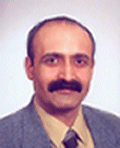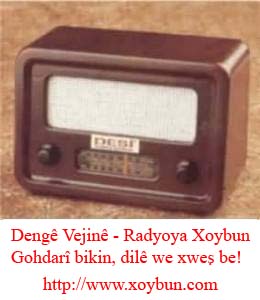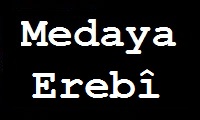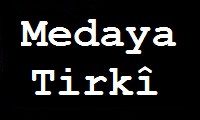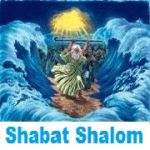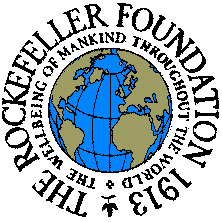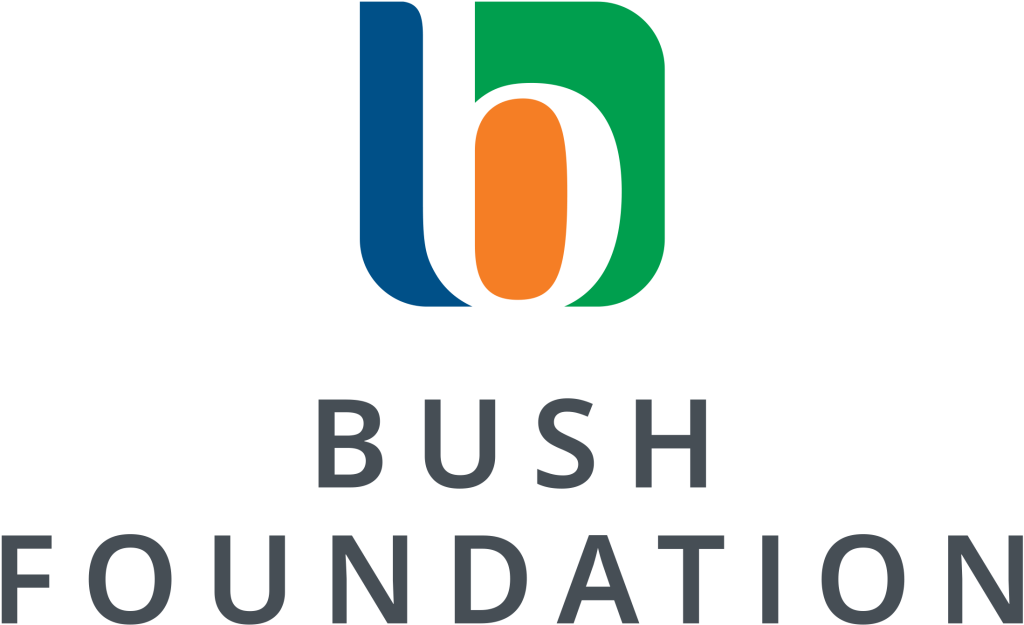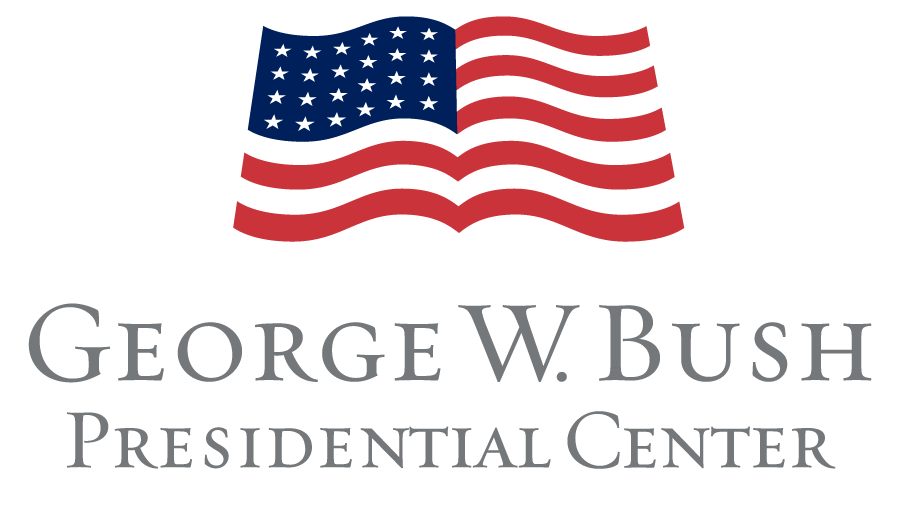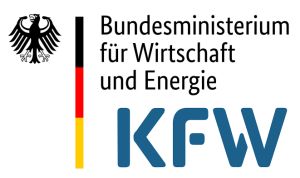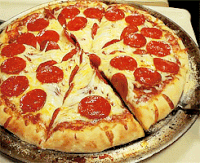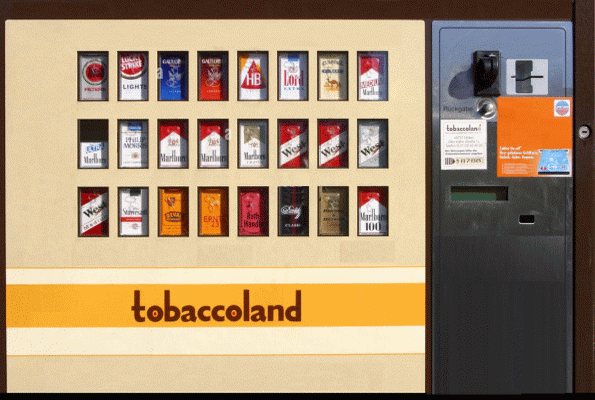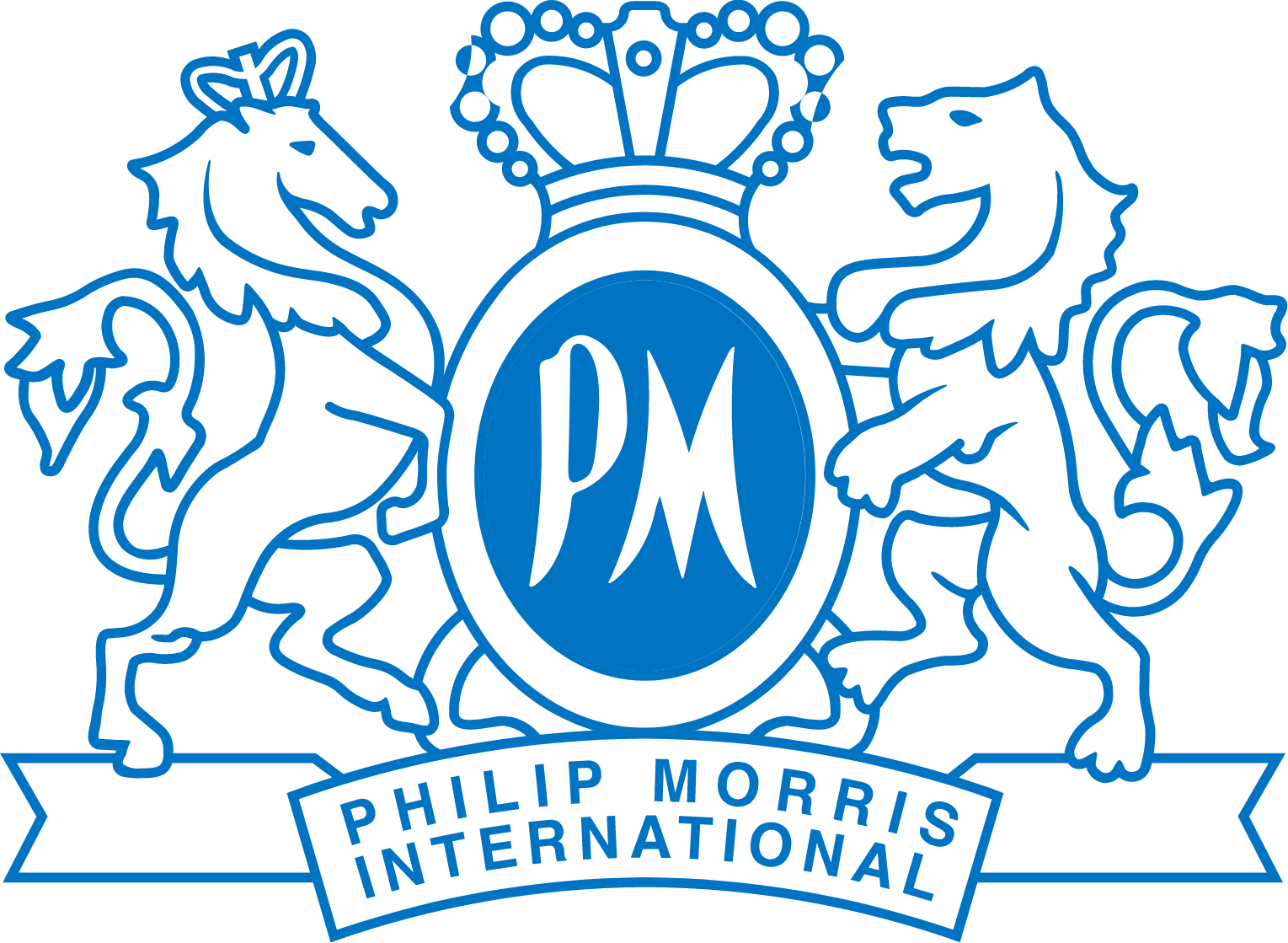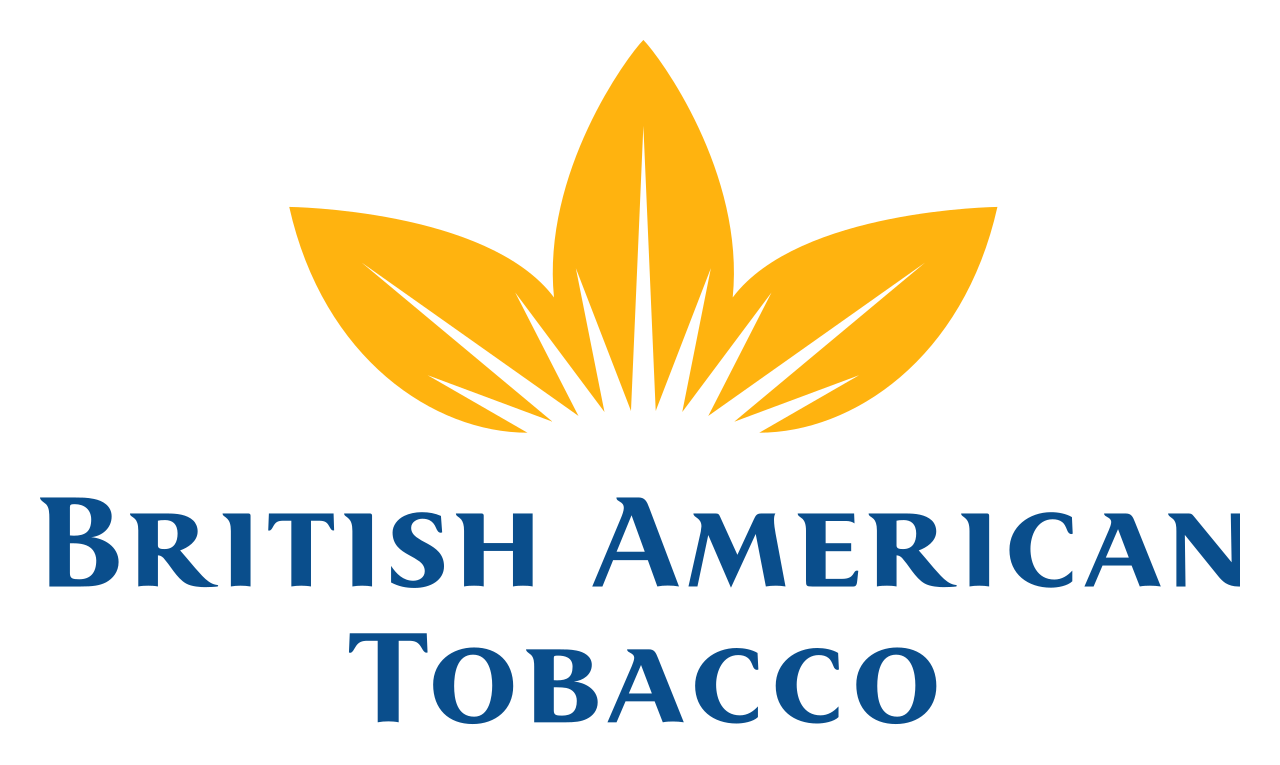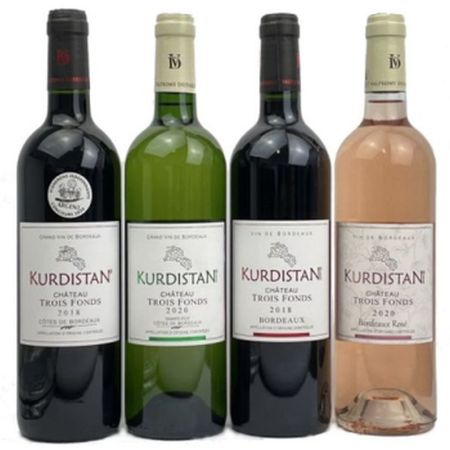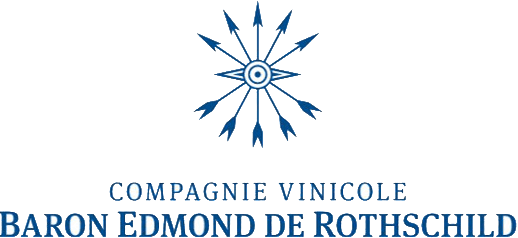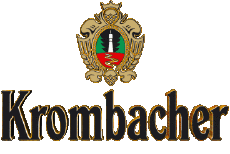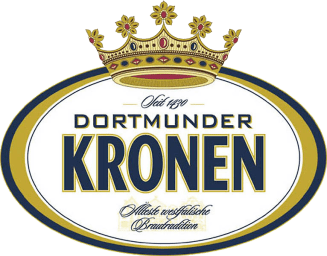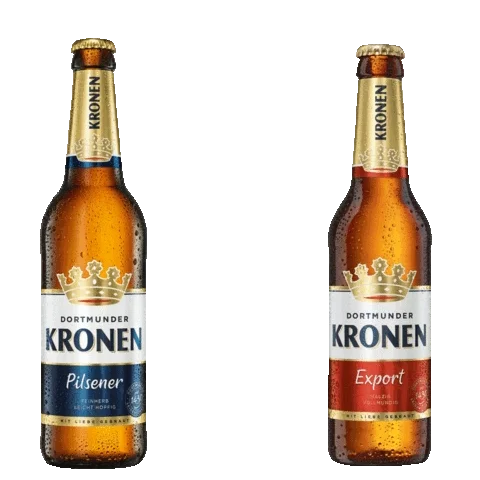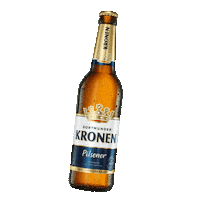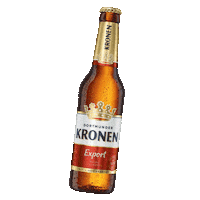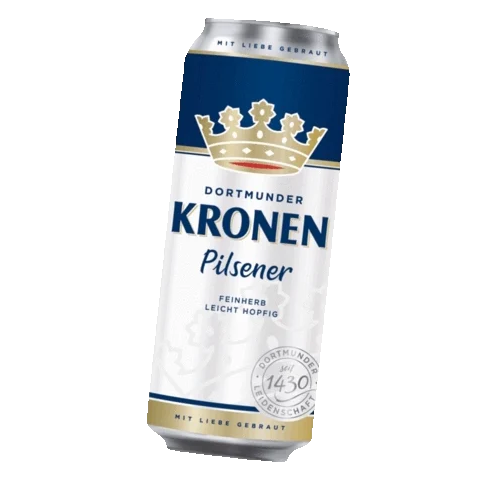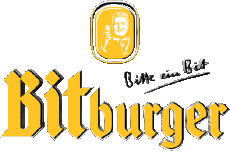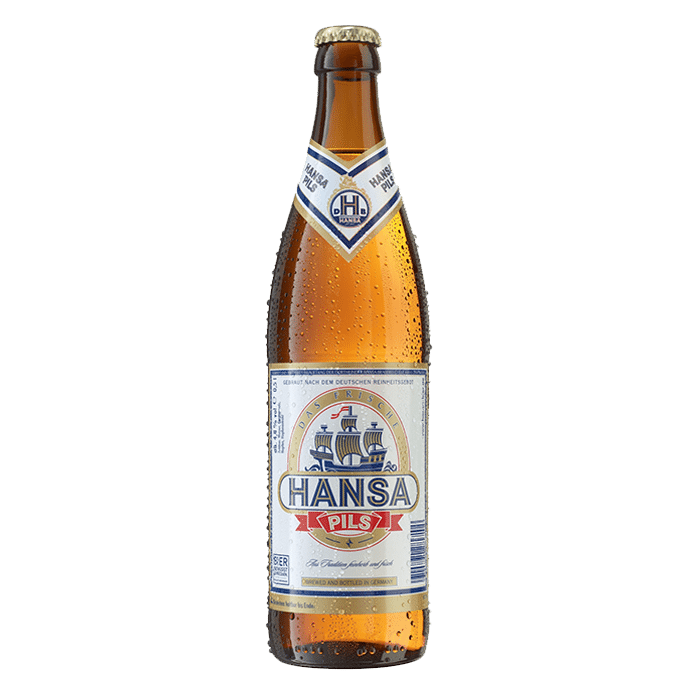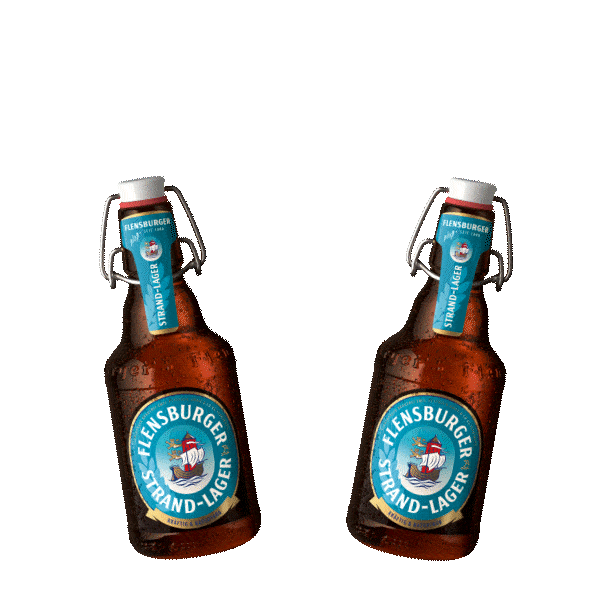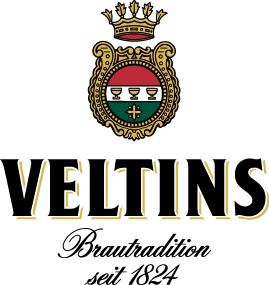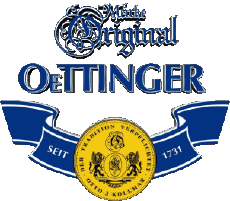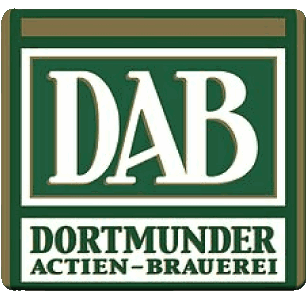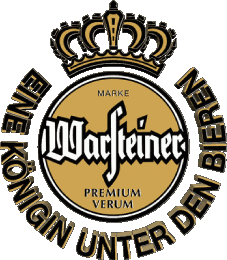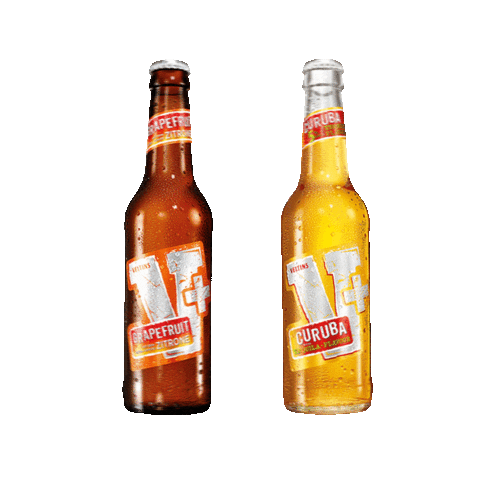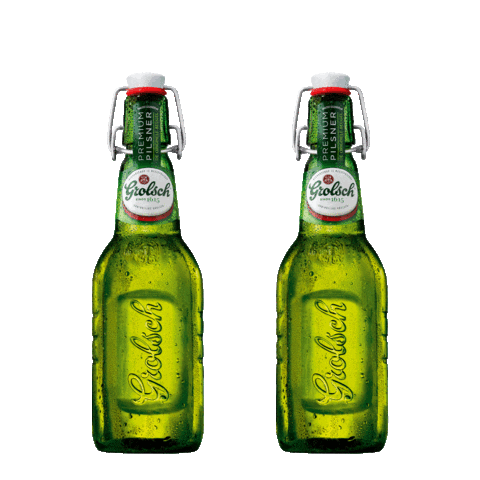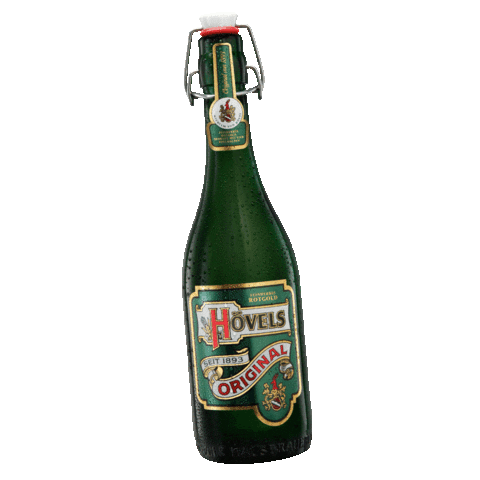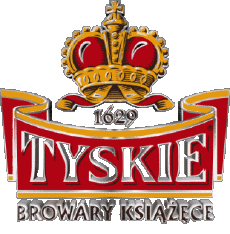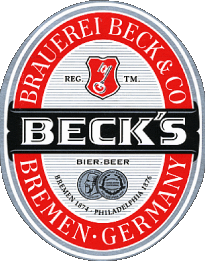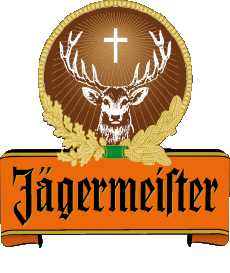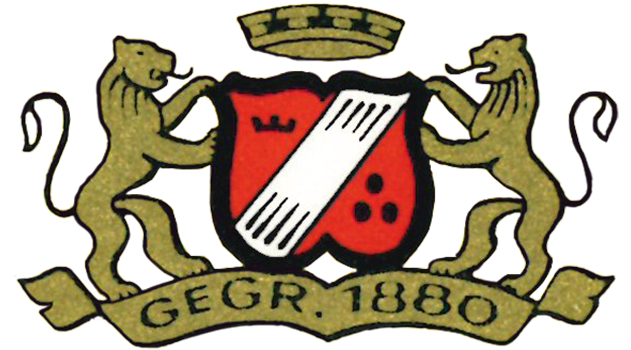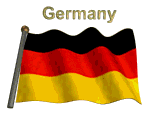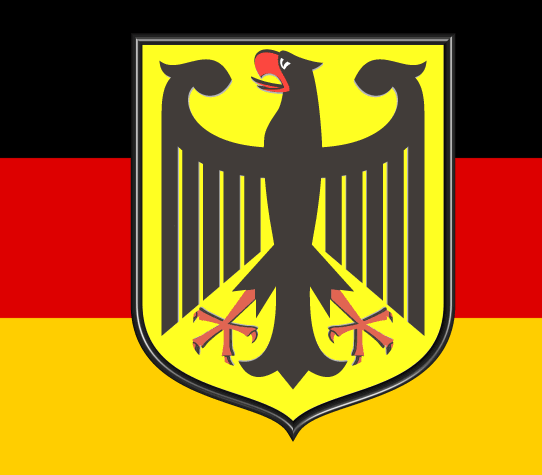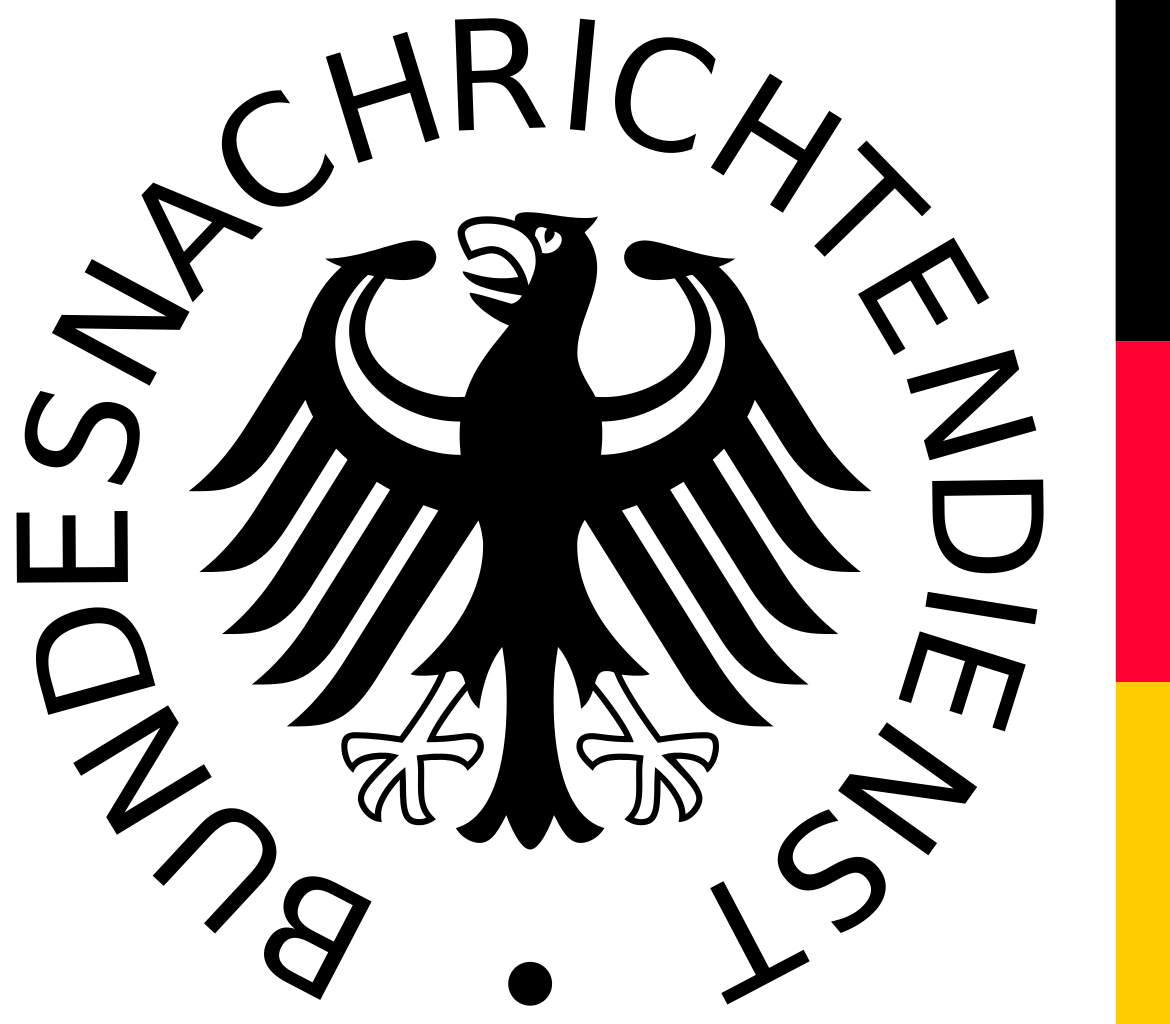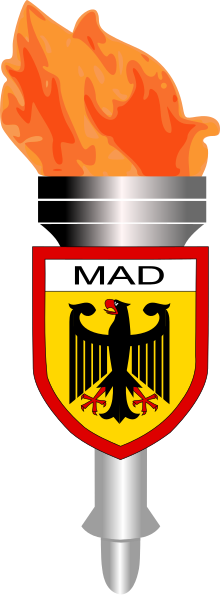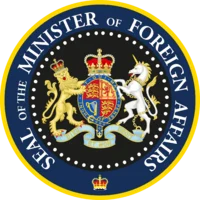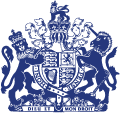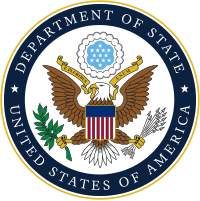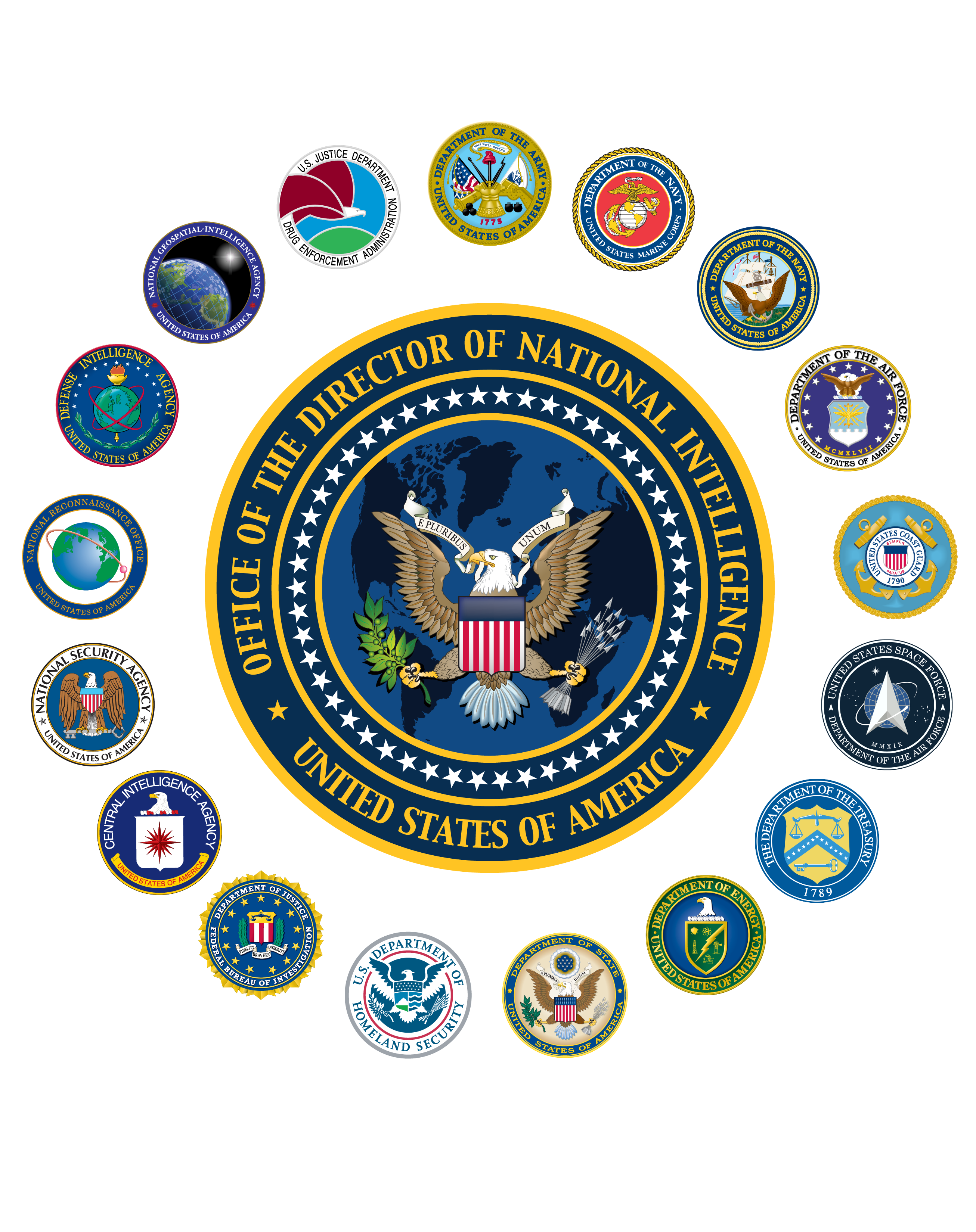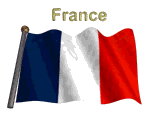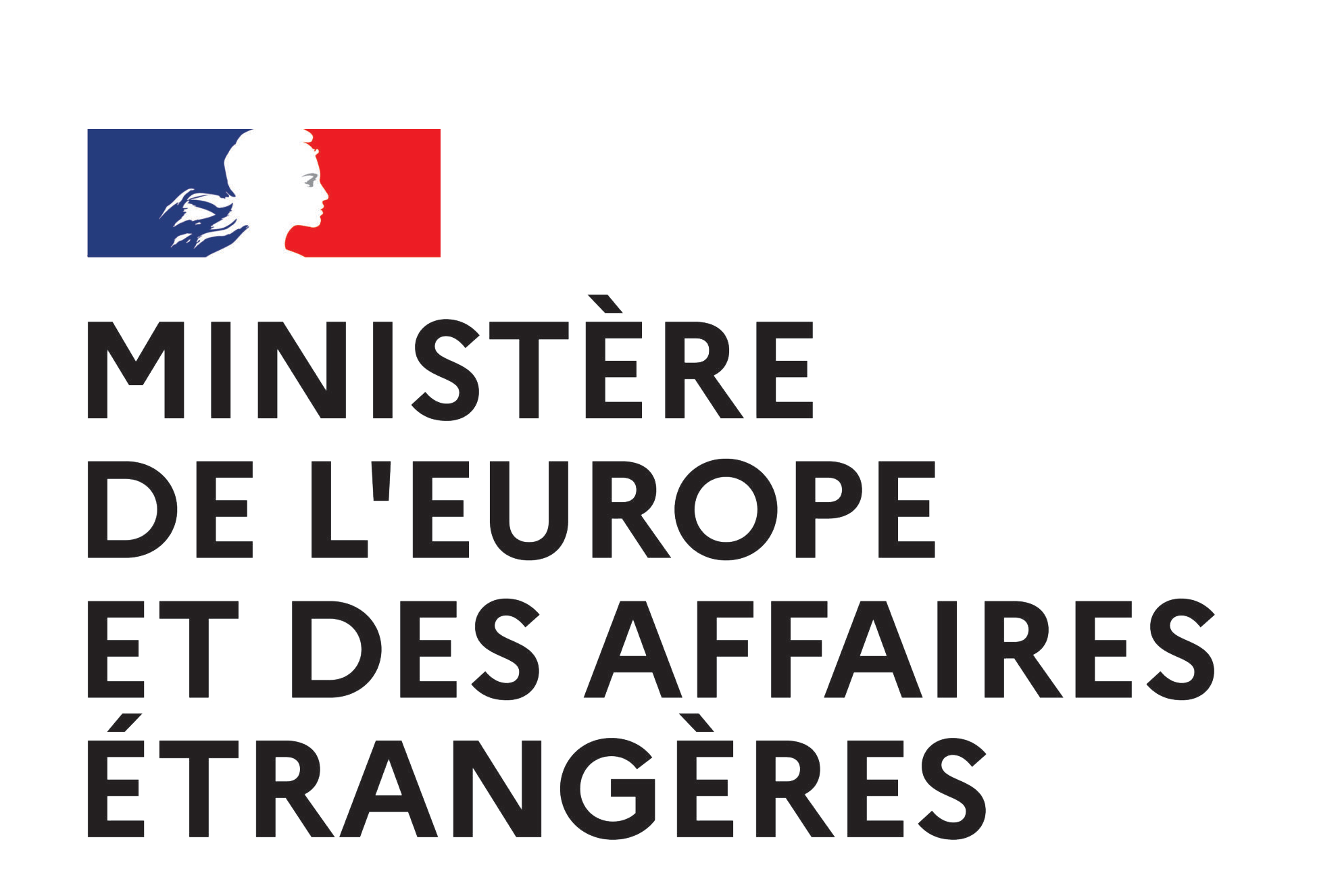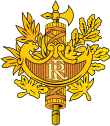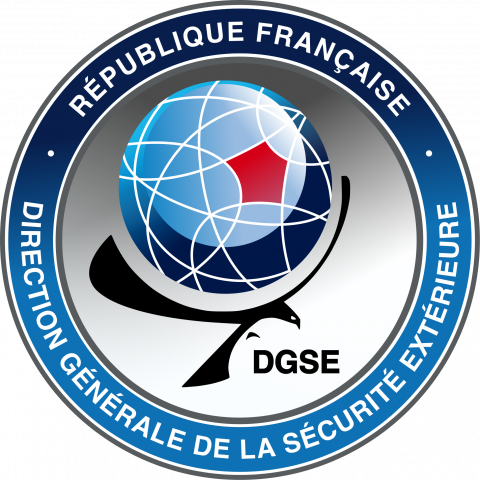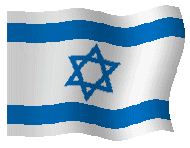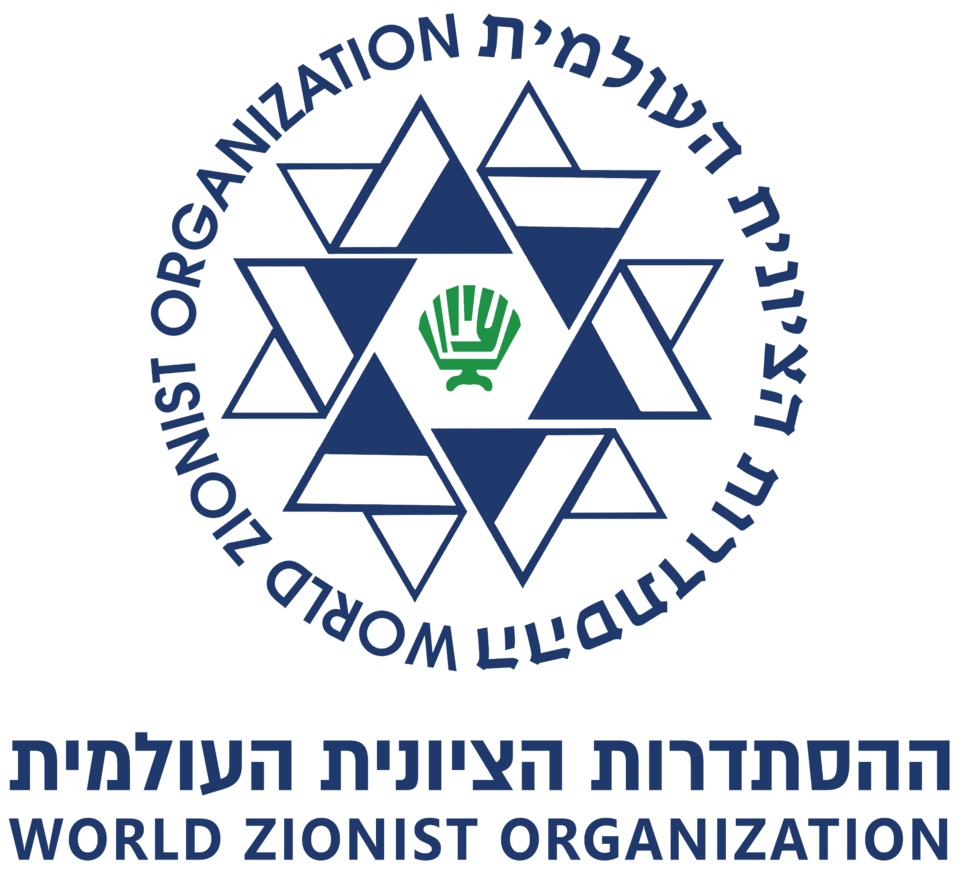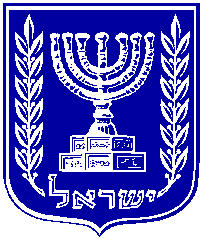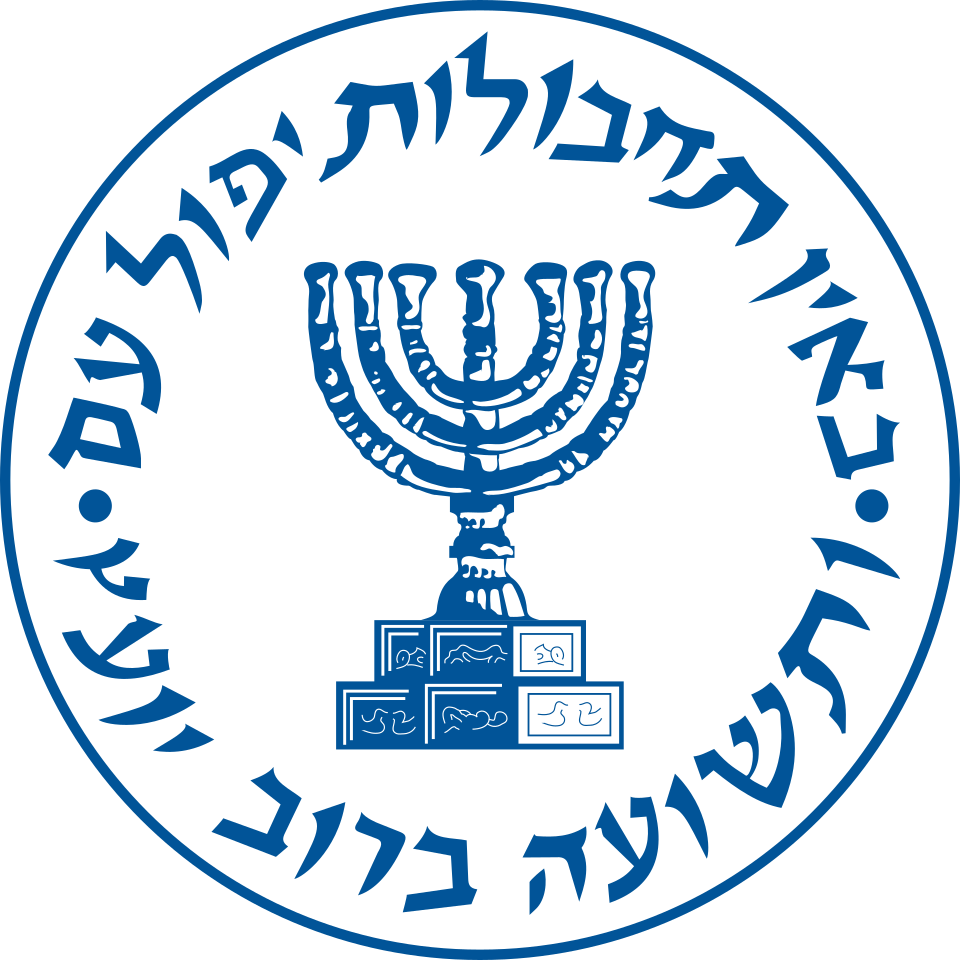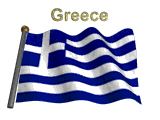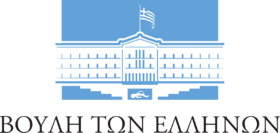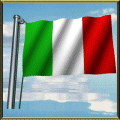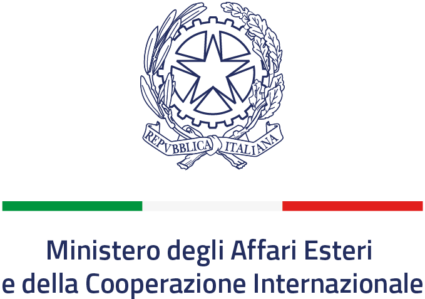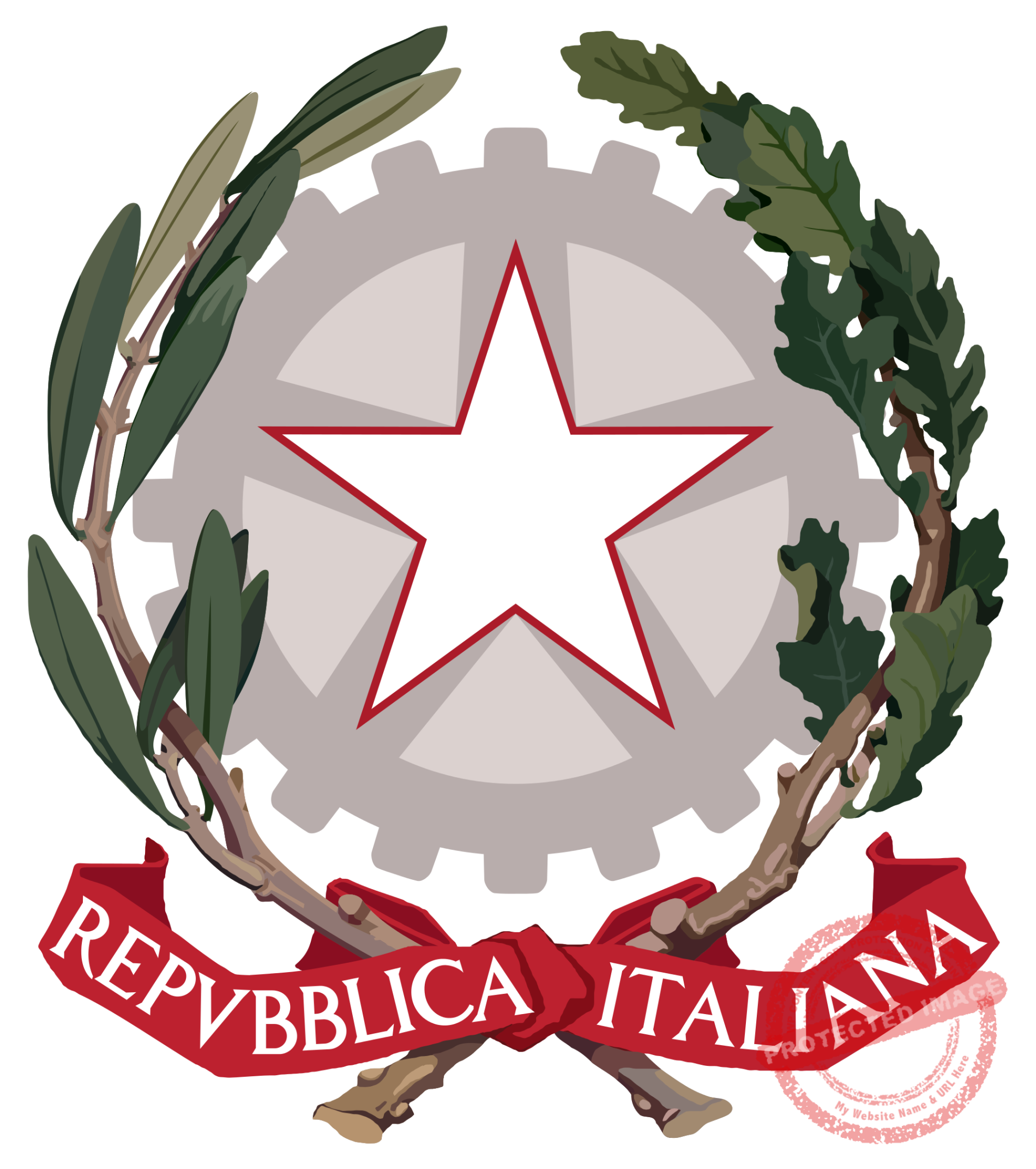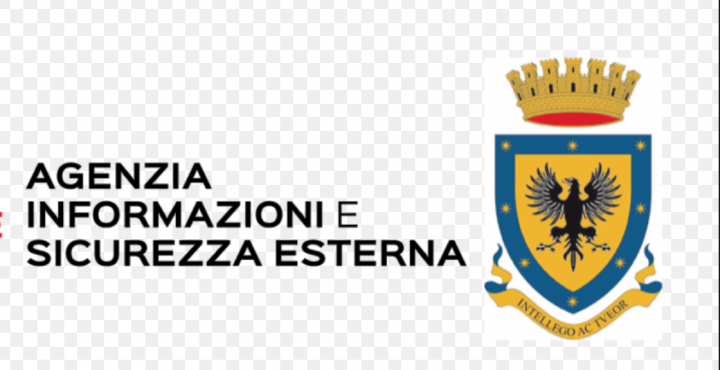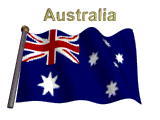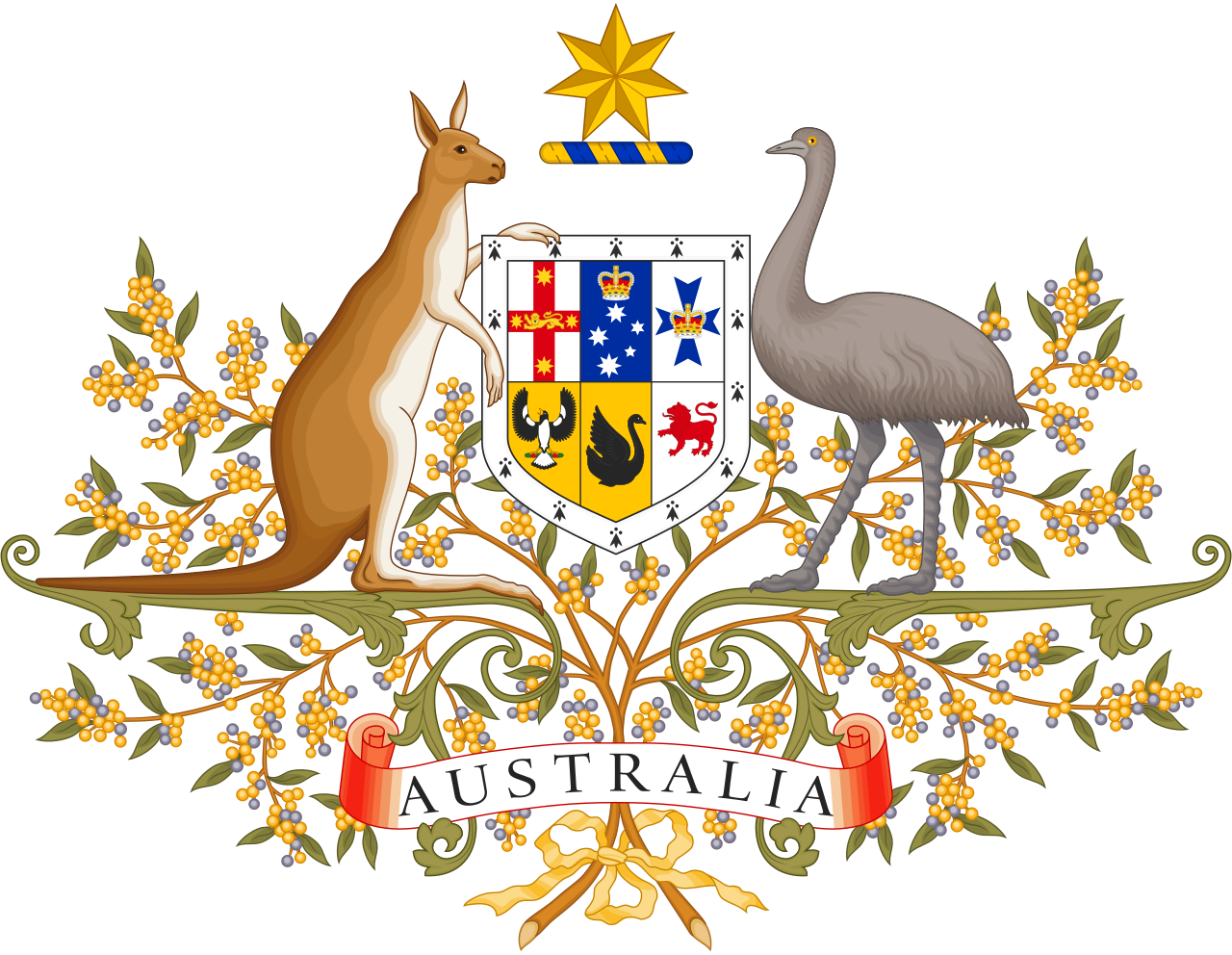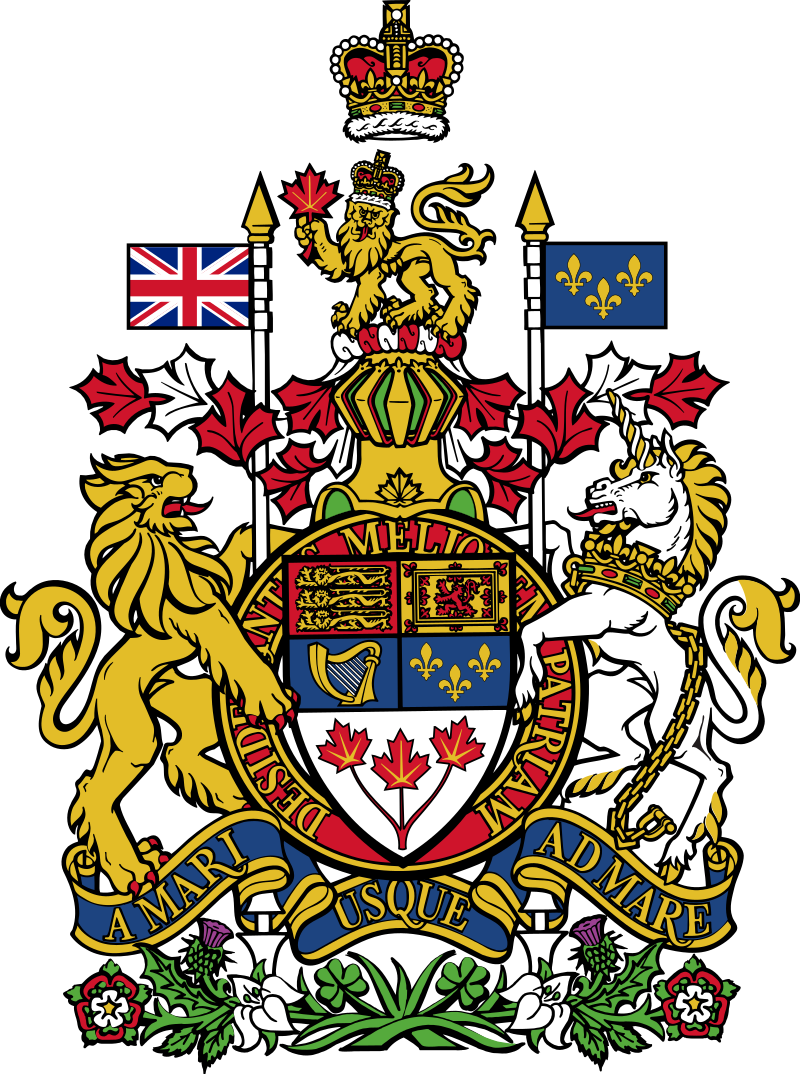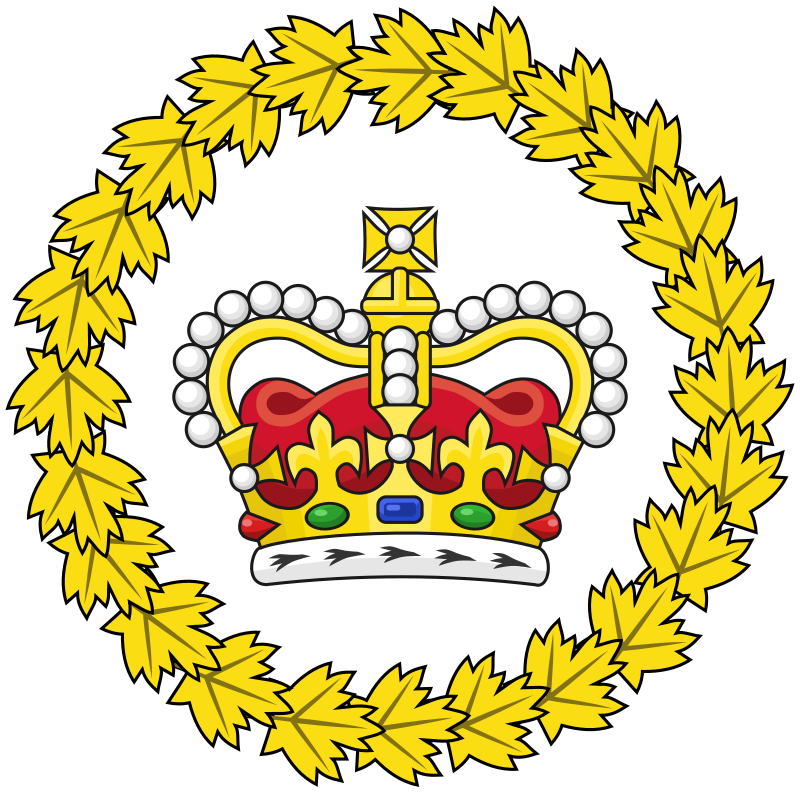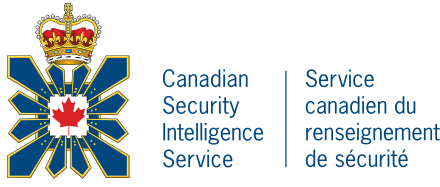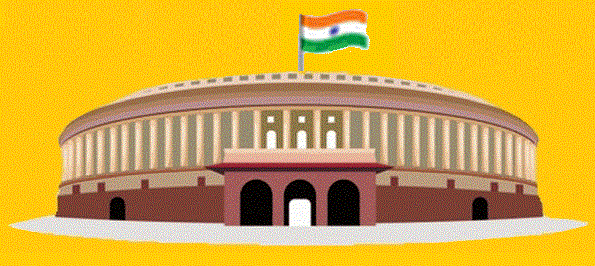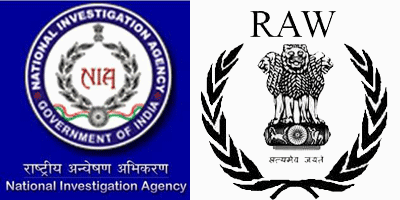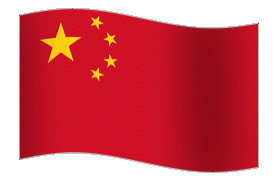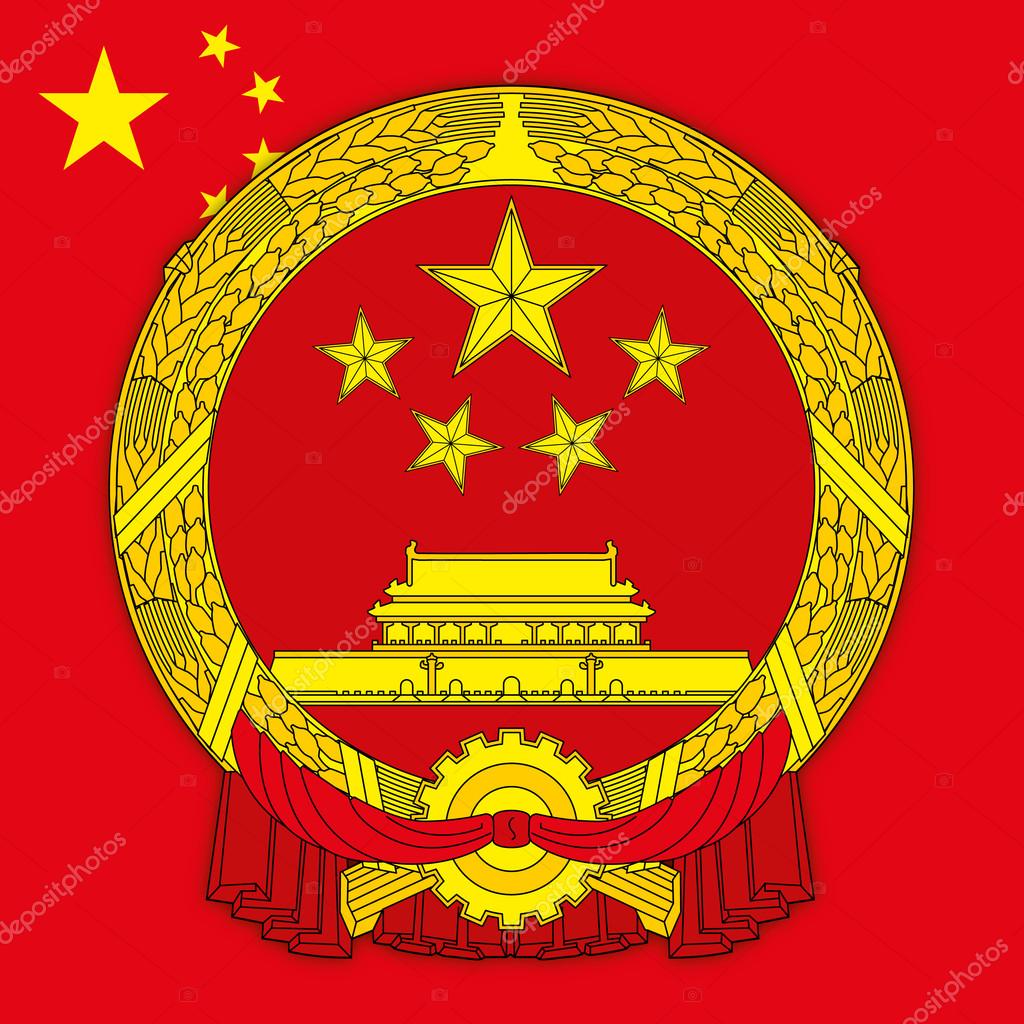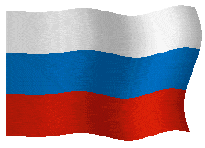Barzani as a leader 1903-1979
Barzani as a leader
1903-1979
Prologue of Suffering and Hope
A Dialogue with a Hawk from Kurdistan
"I opened my eyes on life to find myself a captive. I remember when my whole family was under arrest by the Turkish authority . I was a prisoner when I was Only three years old. As an adult, I was sent to exile to the south of Iraq with my family. Fortunately, I managed to escape from exile. I offered all that I could to my Kurdish people ...revolts and uprisings. I took refuge in Iran followed by 500 of the bravest Kurdish knights. A Kurdish state was established in the eastern Kurdistan. I supported its leadership headed by Qadhi Mohammed. Shortly thereafter, the Kurdistan Republic collapsed. A very tough and difficult march started; an armed march that stretched over hundreds of miles. A march through which we had to engage with the Turkish, British, Iraqi and Iranian forces with all their military capabilities. Nevertheless, we did not give up and continued the march and finally took refuge in Soviet Union where! stayed for many years as a refugee looking forward to returning to my homeland and people. I traveled everywhere I could in "Soviet Union' and socialist countries and met whoever I could seeking assistance for my people - my people who is still yelling from unprecedented injustice, oppression, maltreatment and killing, my people who has been undergoing successive waves of injustice, oppression and prosecution throughout history. In 1958, I decided to return borne. I tried all political and military means in a bid to confirm the identity of my people. But they were adamant in denying our rights. We were positively interacting with every political change. However, ~ e used to be unfairly treated whenever there was any stability in the regional political situation. We suffered on and on. They attacked us with the most explosive and burning weapons. They saved no means without being used against us. There was no parity in power. When the global forces acted against our striving people, I queried with myself how long shall this continue? The reply was: let's hold off the revolution for the time being, but I was confident that it would break out soon much stronger and tougher. It is the people's inevitable will that never dies out....
Extracted from: Mustafa Barzani's speech with the well-known Egyptian journalist and the international political analyst Mohammed Hassanain Haykal.
The Kuwaiti AI-Watan Newspaper : 5 September 1975

Part:I
Brief Biography
Barzani as Leader of the Contemporary
Kurdish Liberation Movement
(1903-1979)
Mustafa Barzani, the Kurdish leader, who possessed not only the love of all Kurds all over the world but also the respect and admiration of even his adversaries, was a legendary hero of Kurdistan who, throughout his life time, had but one goal of attaining prosperity and liberty for Kurds everywhere.
The following paragraphs briefly shed light on his personal biography and struggle arranged according to a chronicle sequence:
· He was born in Barzan, a village in Iraqi Kurdistan, on 14th March 1903.
· In September 1909, after Barzan uprising was oppressed by the Ottomans and its leader, Sheikh Abdussalam Barzani, took refuge in Hakary district (currently part of Kurdistan in Turkey), he was imprisoned with his mother in Mosul prison; the largest city in the north of Iraq.
· During the World War I, he proceeded to kurdistan in Turkey to rescue the Armenian Pasha Endranik with his family and a group of his men.. When the situation deteriorated in Iraqi Kurdistan during the years 1929-1930, and while he was in the prime of his youth, he went to Mosul in the company of Majid Mustafa (a former Iraqi minister) and then to Baghdad to meet king Faisal the first. The purpose of the Visit was to overcome some problems and demonstrate good will.
· After the World War I came to an end, his brother Sheikh Ahmed Barzani urged him to proceed to Kurdistan in Turkey in connection with issues related to the Kurdish revolution. There, in Mosh, he met both Sheikh AbdulQader Nehri and Sheik Sa'eed Piran.
· At a later stage, his brother tasked him to lead an armed force and head towards Sulaymania (Kurdistan in Iraq) to back Sheikh Mahmoud's revolt there.
· In early April 1932 and for the first time, he won the first real battle against the Daily military convoy, which was commanded by Colonel Haj Serri Ahmed in Vazhi Valley' located in Barzan area. The convoy suffered heavy casualties and equipment losses.
· On 22nd June 1932 and under military pressure by the Iraqi army and the British Royal Air Force ( RAF), he along with his militiamen were obliged to cross the Iraqi border into Turkey.
· Barzani returned from Turkey with his men after the Turkish authorities decided to hand his brother Sheik Ahmed over to the Iraqi government. His return forced the Iraqi authorities to release his brother in August 1932.
· Early in 1934, the Iraqi government through a deceptive approach, succeeded to invite Barzani's family to Mosul where they were all detained.
· Barzani utilized the period of his exile and house arrest in Mosul - a city well-known for culture and scientists to pursue his education and make up for the period he had missed due to the unfavorable circumstances his family had undergone.
· In October 1935, due to his political activities, the Governor of Mosul began to think of a plot how to liquidate him. As a result, he invited him to his office and infused poison into his cup of coffee. Fortunately, Barzani escaped death by the act of a miracle.
· After all plots proved futile, the Iraqi authorities accused him of steering the uprising headed by Khaleel Khoshawi (1932-1936) from his exile in Mosul. Late in 1935, the authorities took this as a pretext to deport the Barzani family to Baghdad and then to Nasriya and finally to Basrah - the largest city in the south of Iraq, where they were put under house arrest.
· During the World War II, and in order not to provoke the national feelings among the Kurds, the Iraqi authorities repatriated the Barzani family from Basrah to Sulaymania (Iraqi Kurdistan) where Barzani established relations with Hewa (Hope) Association. In mid July 1943 and in coordination with the latter, he managed to leave Sulaymania for Iran. The Iraqi authorities allocated an expensive award for anyone who could bring him back alive or dead.
· During the same year, he returned to Barzan where his militiamen joined him and was victorious in several clashes with the government forces.
· Barzani's successive victories forced the fraq~ government to initiate dialogue with him. Accordingly, he went to Baghdad on 22 February 1944.
· In his first round of dialogue, Barzani demonstrated an outstanding capacity in the art of negotiation and managed to convince the then Iraqi Prime Minister Noon Al-Sa'eed to recognize many of the Kurdish national demands.
. However, the results of Barzani/Al-Sa'eed negotiation faced strong opposition from the Regent (Abdul-Elah Was the King's uncle and the Regent) and a number of ministers and members of the Parliament. This development obliged AI-Sa'eed to resign in June 1944.
· On 15 January 1945 and after a series of intensive meetings, Barzani and his army officer colleagues agreed to establish the Liberation Committee for which he was selected as the chairperson. The committee set up a comprehensive agenda for the liberation of Kurdistan from injustice and oppression. This measure revived "Hewa' as a political body once again. The effective coordination that existed between the two resulted in an unfailing success on both political and military levels.
· However, as the Iraqi government did not respond positively to the Kurdish national demands and started mobilizing military forces in Kurdistan, Barzani had no other choice but to resort to armed struggle to confront the government troops.
· After Barzani found that it was futile to carry on fighting, he decided in October 1945 to withdraw with his men to Kurdistan in Iran to back the Kurdish people's struggle there.
· When the Kurdistan Republic was declared in Mahabad on 22nd January 1946, Barzani was made the Army General of the Republic. His support to the Kurdish national liberation movement in Iran boosted the confidence of the leaders of the fledgling republic and that of the whole Kurdish people.
· On 16th August 1946, he established the Kurdish Democratic Party/Iraq (KDP).
· After the fall of "Kurdistan Republic on 16th December 1946, Barzani refused to give in or stay in Iran. Consequently, he had to wage heavy battles against the Iranian forces. On 3rd April 1947. he was wounded, nevertheless, he commanded "Mako battle on 9th April of the same year which lasted for three successive days and nights achieving a decisive victory over the Iranian army despite the latter being equipped with heavy weapons including bombers, artillery and armored vehicles.
· In early May 1947, Barzani miraculously forced his way towards the former Soviet Union amid vicious attacks of armies from three countries namely Iraq. Iran and Turkey.
· When he was besieged with his men by the Iranian forces from all directions, he had but two options: either to give in or swim across Arass River. Ultimately, be decided the second option.
· On l7th-l8th June 1947, he, along With his men, crossed "Arass River' towards Atherbijan Republic in former Soviet Union. This event is considered a turning point in his personal life and In the history of the Kurdish liberation movement as well, As a result, the name Arass' has become one of the most beloved names in the Kurdish culture.
· In Bako, the capital of Atherbijan Republic, he prepared a detailed memorandum on 15th October 1947 addressed to Baqrov, the Secretary General of the Atherian Communist Party, who was also in charge of handling oriental peoples' affairs. In the memorandum, he elaborated on the sufferings of his people and requested Baqrov with pride and self-esteem to consider the following demands:
- Enrolling him together with his men in an institute where they could be given the opportunity to learn and overcome illiteracy and empower them with science and culture. He also demanded permitting him to visit them from time to time.
- Recommending the Atherian radio station to allocate an interval of time broadcasting a program in Kurdish language in order to boost the morale of the Kurdish people and acquaint the international community with his people's dilemma.
- Publishing a monthly bulletin bringing out scientific, cultural and economical studies to revive the Kurdish culture and convey its complaints to UN and condemning the unfair policies exercised against the Kurds.
- Giving him the opportunity to meet Joseph Stalin (Leader of Soviet Union Republics at that time) so that he could truly depict the sufferings of the Kurdish people. It is worth referring here to his deep modesty being one of the principal features of spiritual leadership as he concluded his memorandum with the phrase, Kurds' son and servant .
· On 19th January 1948, a conference, attended by Kurdish delegations from Kurdistan of Iraq and Iran, was held in Bako. In that conference, Barzani gave a momentous speech which was considered one of the most important documents shedding light on the Kurds' struggle in general and Barzani's' in particular against colonialism. He also summarized the political, economical and social conditions prevalent in Kurdistan at that time. Accordingly, Barzani identified the agenda for the future stage. Eventually, the conference selected a political leadership including representatives from Kurdistan in both Iraq and Iran for the Kurdish liberation movement. Barzani was unanimously elected as chairman.
· On 6th October 1955 in thc wake of the 14th July Revolution in Iraq Barzani returned home after staying eleven years away from his homeland. On arrival, all Iraqi national groups gave him an unprecedented welcome.
· After Barzani was convinced that the Iraqi government would not respond to the Kurdish national demands, he secretly left Baghdad for Barzan - his birthplace - in mid March 1960.
· On 11th September 1961, the first spark of the Kurdish Revolution erupted under his leadership.
· On 11th March 1970, he reached an agreement with Iraqi government in which the latter officially recognized autonomy for Iraqi Kurdistan.
· On 11th March 1974, he had no better choice but to resume fighting as the central government continued the Arabization process and unilaterally issued its own autonomy law.
· On 6th March 1975, and a as result of the notorious Algiers agreement between Iraq and Iran after which the Kurdish revolution was exposed to the most treacherous plot on both the regional and international levels, Barzani accompanied by thousands of Kurdish people took refuge in Kurdistan of Iran.
· On 1st March 1979, he passed away in America out of an incurable disease. As he had stated in his will, he was buried in Shino - Kurdistan of Iran.
· On 6th October 1993, his remains were transferred and reburied in his birthplace in Barzan Kurdistan-Iraq.
Part (II)
Barzani in View of a Number of International Politicians, Military Leaders and Journalists
· Mustafa Barzani became the leader of the revolution by virtue of his personal history.
His Kurdish struggle against the Royal governments in both Iraq and Britain in 1942 and the subsequent events, his contribution in the Mahabad revolution against Iran and his eleven year staying in Diaspora in Russia made him the national hero of Kurdistan... Barzani's sobriety and fame is highly attributed to his being an unshakable warrior in the face of allied forces...
Hassan Arfa'a, Chief of Staff
for the Iranian army 1944 -1946
· "Barzani was polite and modest beyond description in addition to being extremely solemn. Having all the merits of great contemporary leaders, he was always highly respected and esteemed.
(Kamal Junblad, Chief of the Progressive
Socialist Party & former Interior Minister of Lebanon.
During a visit to Barzani's headquarters located in Iraqi
Kurdistan in March 1973
· "The type of food used to be offered to Barzani at his headquarters was probably poorer than the food consumed in any Kurdish village.
Dana Adams Schmidt in his
famous book: Journey among Brave Men
· "I wish I could meet Barzani and shake hands with him because he is a genuine adherent of world peace.
(Ramesh Janderah, the former Secretary
for the World Peace Council)
· "This man (referring to Barzani) is among heroes whose name shall he engraved in letters of gold in the record of the world's eminent figures.
Mr. Dejeron, Senior Superintendent in the Interior Ministry during the
occupation of Iraq, in a speech in June 1947 with Ma'aroof Chiawook,
the author of the book entitled "The Tragedy of Barzan, the Oppressed"
· "I came across Mullah Mustafa while he was standing upright like a prophet among his followers distributing ammunition and chatting with them.
· "We, the specialists in the art of military techniques and those who were technically and militarily knowledgeable, whenever we took a decision in the light of plan discussion and consultation, we used to find out that the decision we had taken - if it was ever right- was the same that Barzani had already taken.
Abul-Hassan Tifreshyan, Captain
in the Iranian army in his hook entitled:
The Rebellion of Khurassan Officers
· "The most outstanding political and military Kurdish personality throughout
history since the time of Salah-Addin AI-Ayoubi
Gonter Dechner in his famous book:
The Grandsons of Salah-Addin Al-Ayoubi
(or) The Kurds: The Nation Subjected to
Treachery and Perfidy
· "The story of the Kurdish revolution is but the story of Mustafa Barzani, the warrior leader.
Edgar 0. Balance in his famous book:
The Kurdish Revolt from 1961 to 1970
· " Barzani, the great, is a leader with historic merits. He is a unique national hero, a legend that has been passed on from generation to generation, whose heroic and glorious deeds been glorified by mountains. One who has always scared governments. He was full of love and dedication for the cause of his Kurdish people. His heroic attitudes, his firmness and endurance inspired me to write several of my poems such as (My Heart for Kurdistan), and (A Descending Specter).
Muhammad Mehdi AI-Jawaheri, the great Arab poet
Part III
Some of his Impressive Sayings on
Leadership, Democracy and Ethics
· "We are proud of our people who, despite the toughest conditions enduring fear, hunger, cold, prosecution, detention, killing and torture, defended the rights of the Kurdish people.
· "Everyone should be well aware of his duties and fulfill them honestly. One who does not work for the people's interest and proves to be negligent in his duties is deemed an enemy.
"The Kurdish people instinctively tend to respect the law and prevalence of democracy.'
· "~ urge you to keep away from malice and hatred. We should all join hands to strengthen our unity.
· "I shall never bow to the enemies of the Kurdish people. Nor shall I let my homeland be a pasture where enemies and usurpers can freely graze.
· "Kirkuk is the heart of Kurdistan. We shall never accept any compromise concerning Kirkuk and shall never give up a single inch of Kurdistan territory.
· "Empower yourselves with science and knowledge. Unify your capabilities to emancipate your people from illiteracy.
· "Should the will of people be with us, the enemy would never be able to defeat us even if he is superior to us in number and equipment thousands times.
· "Leadership should never be our ultimate aim. One who devotes all his potentialities to serve his people, shall be automatically chosen as a leader.
· "It is shameful for me to be a full and satisfied leader surrounded by the starved. Had I been rendered the chance to feed a hungry person with myself starving to death, that would be the greatest honor".
· "Try to be the messengers of ethics, knowledge and sincerity for your people.
· "Try to couple your hands and your hearts and devote this unity in the interest of the Kurdish nation.
· "Enjoy full freedom of thinking, however, top priority should be given to the supreme interest of the Kurds and Kurdistan.
· "Should I have to put up a statue in Kurdistan, I would make one for the martyr (Hurmiz Malik Chiko).
· "A leader should not call upon his soldiers to attack, but rather urge them to follow him to attack. In Kurdish words, Barzani used to say, "Warney, Na, harney."
· "As long as I keep possession of my rifle, I am the master of myself I am not working for any foreign power or state - neither for the British nor the Americans or Russians. I am not an agent or a spy, but rather the servant of my people.
· "I am neither a communist nor an autocrat. I believe in democracy and would like my nation to live hi peace, equity and liberty. I am looking forward to the day when I could raise the flag of Kurdistan on top of any of its mountains, be it in Iraq, Iran, Syria or Turkey.
· "Once you give up your arms, that means you have accepted others to determine your fate, and Will be obliged to yield to their will.
Part IV
(Emergence of Leadership Attitudes)
In proportionate with his academic qualifications, personal knowledge and the level of public cultural awareness prevalent in his time, Barzani demonstrated himself as a leader through various attitudes implied in his speeches, sayings and his nearly half a century of struggle leading the Kurdish Liberation Movement and finally through his spiritual influence on his followers who were rallying around with him in millions.
Below are his most evident instances of leadership attitudes:
Being sharp minded, he was quite curious to the intellectual activities taking place on local and inter. national levels and its impact on what he was doing:
As an offset to the love and loyalty of his people, through an unbroken chain starting with the family, tribe, town, region, and finally reaching the whole human community, Barzani showed this attitude with incomparable sacrifices and faithfulness beyond description and incomparable devotion. In this respect, for him, leadership meant enhancing the spiritual bond between him and his followers through means of mutual sacrifice which is an offer from the followers and sons and not something mechanically inherited from fathers and grandfathers.
His genuine interest to comprehend others' way of thinking and the possibility of self-reconciliation in a bid to get rid of all types of inferiority complexes before things develop to the level of paranoia or schizophrenia.
To bring about the required impact upon his addressees, whether they were leaders or common people, Barzani constantly believed in simplicity as the most successful means of dealing with others to realize his objectives without barriers. Similar to his predecessors and contemporary elite leaders, and contrary to the tyrants of ancient and recent history who were deeply saturated with schizophrenia and paranoia, Barzani's simple ideology and demeanor enabled him to achieve self-reconciliation, and get rid of all superior and inferior complexes.
His everlasting and constant feeling and ambition for a better future for his adherents and followers within the history life cycle more than what the immediate present permits. As planning is simply conceived to be guidance in its overall essence, the primary role of the leader is to solicit the right path for his followers.
Being always optimistic, Barzani treated his sons, followers, adherents and supporters as equal Symbols of the nation, This attitude of his Was by itself enough to make them genuinely and conscientiously obedient to him putting their lives at his disposal - not as cheap scapegoats but rather as tools for a better change e.g. (Barzani's honorable march across Arass River towards Soviet Union).
Preparing himself to confront any looming or inevitable risks rather than trying to avert them.
Throughout his encounters in all fronts, Barzani as a professional warrior with strict discipline leading masses of well-trained men "Pesh-Merga" on guerrilla war based his predictions on well thought-out situational and tactical calculations. He was an exemplary in confronting governmental troops inflecting them heavy losses and turning their attacks into defeats while leading his forces from victory to victory with minimal casualties and losses in equipment. All that came as a result of accumulating struggle and fighting experience that extended over half a century.
Reacting to crisis as logical and expected outcomes and considering the ensuing complexity as one of the work pleasures rather than being a cause of retreat and recession.
Barzani possessed leadership characteristics in line with two fundamental and indispensable criteria in international leadership, which distinguish leaders from followers. They are:
Charisma
Vision
In addition to the above, he possessed many leadership features and humanistic attributes which made him popular among all the distant and the close, the friend and the foe. As far as his prophecy for the Kurds' future is concerned, his prediction was always promising but only through a zing-sag graph and a realistic probe without ignoring frequent setbacks in any occurring crisis such as scarcity of funds required to obtain weapons, shortage of ammunition and even dissension of a group of his followers which were enough to shaken the most veteran and enduring politicians. However, his leadership behavior, characterized with wisdom, patience, far-sightedness and wide scope enabled him to Overcome such crisis and consequently avoid their negative impact on the Kurds' unity reversing the enemy's malicious joy into frustration and disappointment.
· Being quite. conscious that paranoia and self-centeredness is but the choice of those who are not interested to lead.
Barzani never saved any efforts to ensure that values such as solidarity, fraternity, justice, constant readiness for sacrifice and altruism prevail. Feelings as superiority and paranoia never found their way into his heart, nor did he ever give the impression that he is above others. With Utmost modesty, he was dining what others used to and living where others did and never distinguished himself under any name. Furthermore, while he was passing through his most critical and gloomiest days of struggle after the treacherous Algeria Agreement when his strategic ally let him down and the evil forces plotted against him and while he was getting chemical treatment in Mayo Clinic Hospital in United States to suppress the spread of cancer over his body - he was seizing every opportunity to meet any politician or influential figure with whom he could raise his fair cause and draw attention to the betrayal and maltreatment he had received along with the frustration that overwhelmed him. He managed to empower two of his sons with leadership attributes particularly firmness in decision making and endurance in facing crisis. He lived as a giant of his time and his name is still vivid in the memory of the generations.
· High sense of responsibility towards the overall outcome of the individual efforts basically devoted for the public interest.
Although Barzani exercised his leadership on the local level concentrating on the southern Kurdistan (Iraqi Kurdistan) which is usually referred to according to the middle east definition as Northern Iraq, he was visualizing his cause in a wider scope considering the Iraqi Kurdistan as the corner stone for the future Kurdistan State. In line with this concept, he was indiscriminately quick in taking up arms to rescue his fellow Kurds who were rising against tyranny in a locality rather than his or in front elsewhere e.g.:
- Supporting the revolt of Sheikh Mahmoud against Britain in Sulaymania and Kirkuk areas.
- Backing the uprising of Sheik Sa'eed Piran in Kurdistan in Turkey
- Backing the Kurds In Iran and supporting kurdistan Republic in Mahabad.
Through this growing zealous national feeling, his leadership and humanistic attributes were taking shape and gradually becoming more evident. Altruism and adaptation with the overall event within a dramatic development helped Create a dialectic link between what was taking place on his front line and That of his fellow. Kurds consequently making leadership, regardless to being local or international as one united, living and everlasting entity rather than being a. void entity existing detached from the ordinary evolution of history.
· The leadership ideology should accomplish promising achievements more than what can be fulfilled through accumulation of available expertise.
In this context, leadership means hope and stepping forward rather than being despair, retreating backward or self-centeredness ending up with indifference and decline. It was this that helped Barzani be close to the event with optimistic attitude and positive determination. Amid this and that, he enjoyed reverence and admiration from both his friends and foes.
Part V
Spiritual Tendency in Barzani's Leadership
1. The spiritual theme in leadership generates from the concept of altruism. Whereas, the objective parameter for this brilliant idea is the overall deeds, conduct and leadership attitudes derived from this concept. Examining Barzani's heritage, one can easily conclude that he renounced egotism. On the other hand, sacrifice was one of ethical milestones that characterized his career as the leader of the Kurdish revolution. For him, sacrifice was a behavior and the guiding principle.
2. Charisma:
Charisma is one of the most important characteristic of leadership that forms the common ground in any leaders personality regardless being categorized good or bad. The virtue of goodness prevailed in Barzani's career even in the most critical moments of his life and was demonstrated in the actual bitter struggle against tyranny. Below are the most distinct examples that illustrate this concept:
I. He entirely refused and rejected the conditional, humiliating and complicated ceremony for meeting the Shah of Iran in late 1946. Eventually he got what he wanted and was excluded from the details of the above mentioned ceremony.
II. He rejected any post or personal benefits offered by Nikita Khroroshov - the then President of the Soviet Union Republics - on the account of the Kurds' supreme interest. His charisma characteristic enhanced with bravery, personal demeanor and unpremeditated way of self- expression helped him prevail upon the strongest politician in the eastern bloc if not all over the world.
Ill. Barzani had an unmatched ability of self-control and avoidance of agitated demeanor - something that distinguishes leaders from followers, Any exceptional cases to this rule used to be within the framework of the above charisma context and were always patterns deserving admiration as in the case of Abdullah Salloom Al-Samirai (former Minister of Culture and Information): member of the Iraqi Government delegation during 1968 negotiation when Barzani firmly seizing his dagger responded to the latter after being provoked saying, "Had I not to respect the impunity of this delegation, I would have Cut off your tongue."
3.Vision:
This attribute is so closely linked and dependent on the first (Charisma) that each one of them is integral of the other within a philosophical concept. Below are some of the most distinct patterns of his noble behavior derived from his life, which was rich in magnanimity and glorious attitudes:
I. Under no excuse did he distinguish himself from the ordinary people or his companions-In-arm to matters related to food or drink. In his memorandum addressed to Baqrov, he indicated that his followers, who had gone through tough experience of struggle and shared him the pains of exile, deserve his highest consideration and respect and that he without them hardly exists.
II. While trying to swim across Mass river towards Soviet Union (the turning point throughout his political career which immortalized him), he refused to cross before ensuring that all his companions including the disabled, the wounded, the sick and those unable to swim had safely landed on the other river bank.
III. The equation of destiny, (the concept of fate and fortune which is introduced by some, forgotten chapters of Buddhism mythology and some Christian teachings),
functions simply as follows:
Know your thoughts, they become words.
Know your words, they become actions.
Know your actions, they become habits.
Know your habits, they become personality.
Know your personality, it becomes your fate.
Having to apply this brilliant concept on the spiritual aspect of Barzani's
leadership as far as the Kurdish cause is concerned - the aspect which
was equally growing in parallel with the cause itself and became
the dominant feature of the Brazilian leadership traditions we shall observe that:
- Concepts were translated into words through his prudent sayings regarding
leadership and ethics.
- Words into actions through his national and political struggle for nearly half a century.
- Actions .into habits through his distinctive demeanor and rapport, which made
Barzani, close to the emotions of the public, regardless to their ethnic affiliation,
and attracted admirers tow~rds him from all directions.
- Habits into personality - the personality .t~at became the outstanding example
for the Kurds' struggle and made him the true father of Kurdish revolution.
- Finally, his personality became the fate that brought forth his laborious
struggle and sacrifices and consequently immortalized him as a result of
altruism principle for the sake of pleasing others.
4. The Perpetual Optimism:
Among the most outstanding spiritual values that impressed millions of his
followers and supporters were his indifference to despair and resistance
to frustration through constantly clutching to a perpetual gleam of hope,
no matter how narrow it was. For example, while he was in exile in the former
Soviet Union in the town of Jambai, despite being totally separated through
the solitary confinement, psychologically oppressed and physically exhausted
during the Stalin's era. never did despair infiltrate into his heart. He always
believed that leadership, in the final outcome, is the exercise of responsibility.
Part VI
The Dominant Leadership and Humanistic
Attributes in Barzani' s Character
· Having an exceptional leadership attributes and noble ethics, originating from
the spiritual tendency, resulted in typical patterns of conduct such as: equity,
courage, patience, and wisdom.etc.
· Being against the customary pragmatic oriental saying, "Seizing the stick
from the middle (which is an -equivalent to the English pr9verb
"Safety lies in the middle course) and contrary to the professional
politicians inclined to mix the white with the black to
obtain the gray in order to preserve their permanent interests,
Barzani and particularly in matters
requiring decisiveness, was always
- with the white versus the black,
- with action versus stagnation,
- Valiant instead of being defeatist.
In adherence to the above leadership attribute,
he was decisive in decision taking, brief in words, plentiful in
action (Man of deeds and not words).
· He was absolutely against any class discrimination, but was supportive
to the technocrat class. Despite his modest academic qualifications,
he was well aware of the importance of science and technology and
their benefits for the future of the Kurds.
· He was always simple and. clear in seeking and identifying his goal.
Throughout his lifetime, be used to deliberate face to face with his
addressees whether they were leaders or ordinary followers. Likewise,
through vision and far-sightedness, he had a clear understanding of the local,
regional and international requirements of his time.
· In addition to charisma, solemnity, constant sense of dignity and self-esteem,
he maintained a modest and polite code of conduct and communication.
At the same time, he was adamantly against any attempts of magnitude
of his person or characterizing him with halos of reverence and godliness.
· Salah-Addin Al-Ayoubi, the valiant Kurdish herd, along with the Babani,
Baderkhani and Shamzeeni families and the family of Soran princes were
always referred to by him with glory. His assessment for the role and
sacrifices made by his predecessors whether leaders or revolutionists of
the national liberation struggle was always fair. Among them were:
- His brother Sheikh Abdussalam Barzani (executed in 1940).
- Sheikh Sa'eed Piran (executed in 1925).
- Ismail Agha known as Simko Shekak (assassinated in 1930).
- Qadhi Mohammed (executed in I 947).
- Sheikh Mahmoud (passed away in 1930). -
· He abhorred wealth and dominion and was never interested
in obtaining money. He deeply believed that nothing spoils
leaders and revolutionists, as does money.
· He treated his combatants, adherents and followers wit-h equity regardless to
their national or religious affiliation.
References (in Arabic):
1. Massoud Barzani, Barzani and the Kurdish Liberation Movement,
1931- 11 September 1961, Kurdistan, 1991.
2. Dr. Abdulfattah Au Botani. The Basic Features of Barzani's leadership and Humanistic
Personality, Dohuk 1996.
3. Abulhasan Tifrishian - A captain of Former Shahinshhi Iranian Army,
The Rebel of Khurassan Officers, Translated from Persian by Shawkat
Sheik Yezdin under the Title: Barzani Never Surrenders to Anyone, Dohuk 1998.
4. Saeed Yahya Alkhattat, Footnotes on September Episodes, Dohuk 1996.
5. Fuad Arif, Auto-Biography of Fuad Arif introduced and commented by:
Dr. Kamal Ahmed Muthher, Dohuk 1999
6. Secretary Harlan Cleveland, President of the World
Academy for Sciences and Arts U.S.A. in a lecture given
to The World 1st Leadership Training Program Entitled Leadership as Attitudes
sponsored by UNU/ILA Amman Jordan (20th June -30th July)/1997.
7. Patrick Mandis, in a lecture given to the above mentioned Program under the title:
Spirituality in Leadership
8. Abstract of the participants' views attending the seminar on the topic of this folder,
Duhok 14th February 2000
Mafź Kopīkirin &kopībike; PDK-XOYBUN; wiha, di xizmeta, Kurd ū Kurdistanź daye : Pirojeya Kurdistana Mezin, Pirojeyźn Aborī ū Avakirin, Pirojeyźn Cand ū Huner, Lźkolīna Dīroka Kurdistanź, Perwerdeya Zimanź Kurdī, Perwerdeya Zanīn ū Sīyasī, Wežana Malper ū TV yźn Kurdistane. Tev maf parastī ne. Wežandin:: 2003-05-13 (2937 car hat xwendin) [ Vegere ] | PRINTER |







 Ev malper, herī bash, bi Avant Browser, tź xuyakirin...
Ev malper, herī bash, bi Avant Browser, tź xuyakirin...
 Diese WebSeite wird am besten mit dem Avant Browser betrachtet...
Diese WebSeite wird am besten mit dem Avant Browser betrachtet...
 This site is best viewed with Avant Browser...
This site is best viewed with Avant Browser...

![]()
![]() Download !!!
Download !!! ![]()
![]()

 This site is best viewed with Avant Browser...
This site is best viewed with Avant Browser...
 Diese WebSeite wird am besten mit dem Avant Browser betrachtet...
Diese WebSeite wird am besten mit dem Avant Browser betrachtet...
 Ev malper, herī bash, bi Avant Browser, tź xuyakirin...
Ev malper, herī bash, bi Avant Browser, tź xuyakirin...




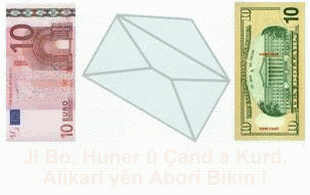


 Tesla
Tesla 
 Tesla
Tesla 
 Tesla
Tesla 
 Tesla
Tesla 


 Tobacco
Tobacco 
 Tobacco
Tobacco 
